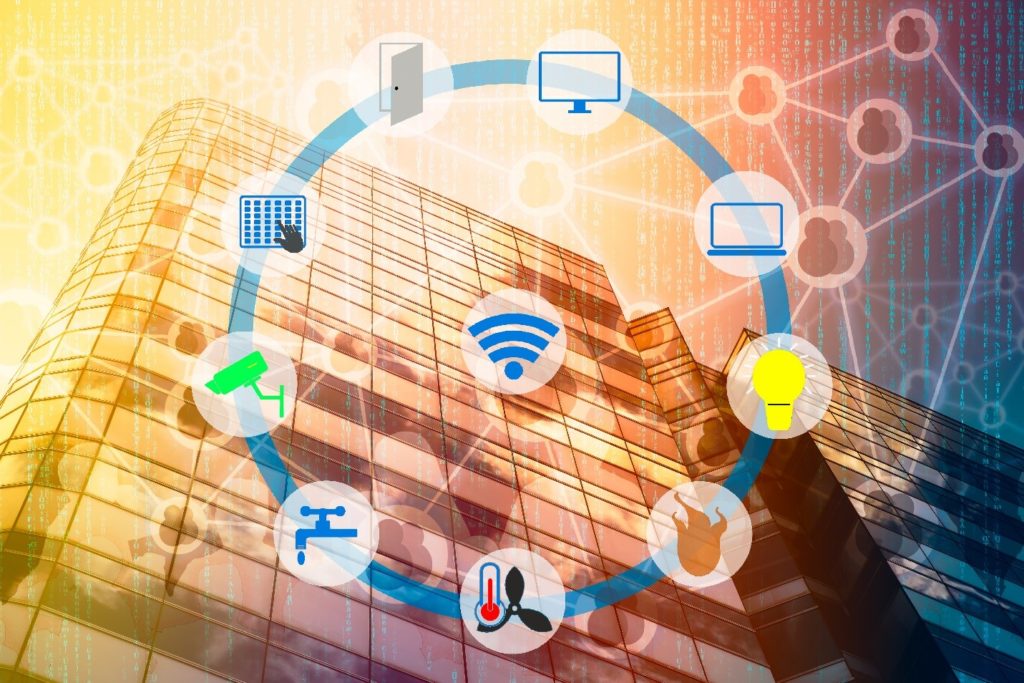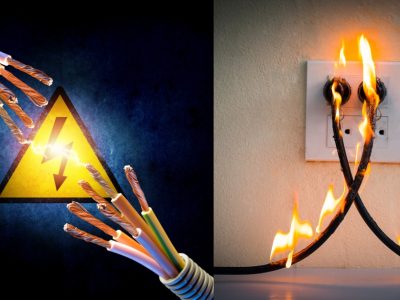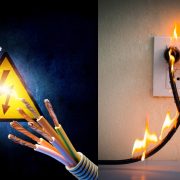Air conditioning systems a long way since their inception from simple window units to sophisticated central cooling systems, technology has evolved to provide comfort and convenience in our homes, offices, and public spaces. However, the latest wave of innovation in the air conditioning industry is the integration of smart technology, revolutionizing control and optimizing our cooling systems.
Smart technology enables air conditioning systems to operate with improved energy efficiency. Traditional cooling systems often work on a fixed schedule or manual adjustments, leading to unnecessary energy consumption when no one is present or when the desired temperature has been achieved. Smart thermostats, connected to sensors and programmed algorithms, can detect occupancy, and temperature changes, and adjust the cooling accordingly. By intelligently adapting to the environment and user preferences, smart air conditioning systems can significantly reduce energy waste and lower electricity bills. The remarkable benefit of smart technology in air conditioning systems is the ability to control and monitor them remotely. With the help of smartphone apps or web interfaces, users can easily adjust temperature settings, turn on or off the system, and even create personalized cooling schedules from anywhere. Whether you’re at work, traveling, or just relaxing on the couch, you have a complete control air conditioning system and a comfortable environment.
Intelligent automation and optimization
Smart air conditioning systems go beyond remote control capabilities. They incorporate advanced algorithms and machine learning to analyze data and make intelligent decisions for optimal cooling. These systems can learn from user preferences, weather patterns, and energy usage patterns to automatically adjust temperature settings, fan speeds, and airflow distribution. By continuously optimizing the cooling process, smart technology ensures maximum comfort while minimizing energy consumption. The rise of smart home ecosystems has paved the way for seamless integration between different devices and systems, including air conditioning. Smart air conditioning systems can now be connected to other smart devices, such as voice assistants, motion sensors, and occupancy detectors. This integration for automated responses based on specific conditions. For example, the air conditioning system can automatically adjust when a room is occupied or enters, or leaves the house. How To Maximise Your Air Conditioning System’s Lifespan this is level of integration convenience and energy efficiency by eliminating manual adjustments.
As the world becomes increasingly conscious of the environmental impact of our actions, smart air conditioning systems offer eco-friendly solutions. By optimizing energy usage and reducing waste, these systems contribute to a greener future. Additionally, some smart air conditioning units utilize eco-friendly refrigerants and incorporate sustainability features, air purification, and humidity control. These advancements not only provide comfort but also prioritize environmental stewardship. Smart air conditioning systems generate valuable data that can be analyzed to gain insights into energy usage patterns, system performance, and potential maintenance needs data user to identify energy-saving opportunities, troubleshoot issues, and schedule preventive maintenance. Furthermore, smart systems alerts or notifications when filters need cleaning, refrigerant levels are low, or any component requires attention. By proactively addressing maintenance needs, smart technology prolongs the lifespan of air conditioning systems and ensures their optimal functioning.









Comments